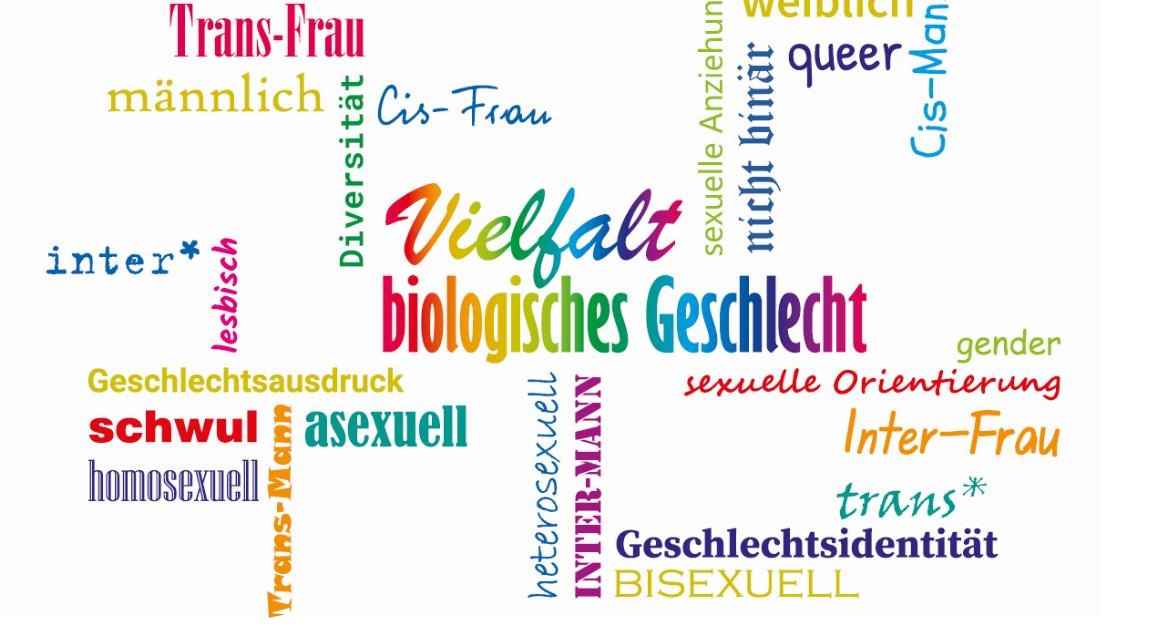"In the 21st century, do we actually need to talk about a person's sexual orientation at all?" - These (and other) questions are likely to be asked by many in this day and age. Those who generally plead for more tolerance (also within the scene) emphasize again and again that it makes no difference whether a person is homosexual, bi-sexual or heterosexual, for example.
In this context, others also repeatedly emphasize that while sexual orientation does not affect a person's "worth," it can help people better identify themselves.
It is particularly interesting here again and again that there are meanwhile clearly more terms for sexual orientations, it than in former times still the case was.
Even though transsexuality, pansexuality etc. have existed for a very long time: Rarely has the world of the rainbow been more colorful than it is today. Among other things, this is due to the fact that queers today have the possibility to define their sexual orientation both for themselves and to the outside world with the help of the corresponding terms.
What is said by a person's sexual orientation?

About the sexual orientation of a person is indicated which people he desires or with which people he wants to have sex. However, there are also some who oppose this kind of definition. After all, among others, there are also asexual or aromantic people who are not attracted to others on a sexual level and can still be gay. After all, there are also many queers, among others, who have no interest in sex or the exchange of affection and yet live in a relationship.
In short, the boundaries here are somewhat more fluid than they might appear. The sexual orientation of people is discussed again and again (and sometimes very emotionally).
And even within the individual orientations, there are always exciting details. For example, it may well be that a man who is into sex with other men does not define himself as gay.
The "phenomenon" of sexual identification or self-identity plays an important role in this context. The way a person sees him/herself may well deviate from the "grid" of sexual orientations.
Are you born with a certain sexual orientation?
Science has long been concerned with the question of which factors are decisive when it comes to the development of a person's sexual orientation.
While some are convinced that homosexuality or heterosexuality, for example, are innate, there are others who hold the opinion that the sexual orientation developed over time and under the influence of the environment.
Today, however, there is no corresponding theory that could be scientifically proven to 100%. In conversations with many queers, however, it becomes clear again and again that sexual orientation usually shows itself particularly clearly in the time of puberty. Not conforming to "the norm" here can be very confusing for young people.
However, the past has shown one thing: it is not possible to permanently and in the long term assert oneself against one's sexual orientation. Or, in other words: those affected can try to lead a double life, but: the love for the same sex (or for all sexes) cannot be erased.
Many people are discriminated against because of their sexual orientation
... and that's exactly what leads to the fact that they often have problems coming out, for example. Even in a comparatively tolerant time in a rather open country, there are still many people who define everything away from the "hetero norm" as "wrong".
Anyone who suffers from bullying, discrimination and the like should not be afraid to take advantage of offers of help.

Personally, I think it's a bit over-themed. As long as you let everyone be who they are, that's fine. We all just want to have fun and enjoy ourselves!